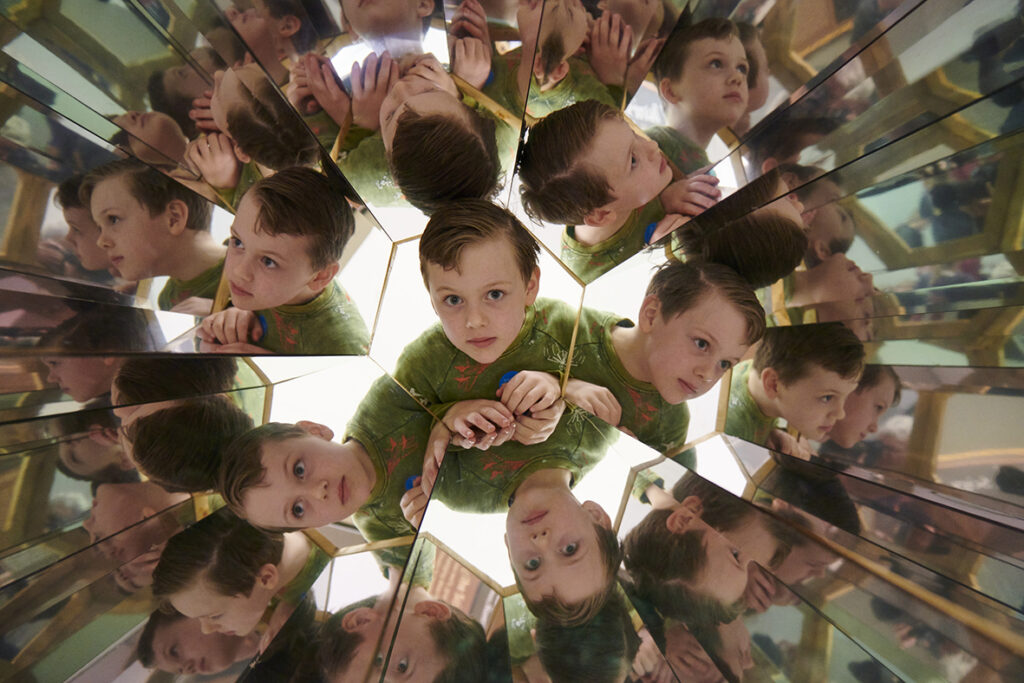Albert Einstein may, or may not, have said that \”the definition of insanity is doing the same thing over and over and expecting different results.”
A century ago the American philosopher, logician, mathematician and scientist Charles Sanders Peirce wrote that inductive and deductive reasoning on their own never led to a new idea. He warned us that by analyzing the past, and crunching numbers to predict the future, we are doing nothing more than extrapolation. If we stick to measuring what we can already measure, we cannot create a future that is different from the past.
Since Archimedes, we have taken comfort in following the Scientific Method; namely systematic observation and experimentation, inductive and deductive reasoning, and the formation and testing of hypotheses and theories. What has been less understood is the role of the imagination in science.
Without imagination, science would never ever have existed. Imagination and innovation are key to achieving change.
As the past few years of the Covid-19 pandemic, a global climate in crisis, and political upheavals have demonstrated, our understanding of the world, and our role in it, needs to change. We turn to our heroes Archimedes, Leonardo da Vinci, and Galileo Galilei to celebrate how their imagination and creativity enabled them to see things differently. They understood that everything is connected to everything else, made it possible to see the invisible, applied knowledge from one field to another to generate new knowledge, and had the courage to not give up if their experiments failed.
We have so much to learn from them.

